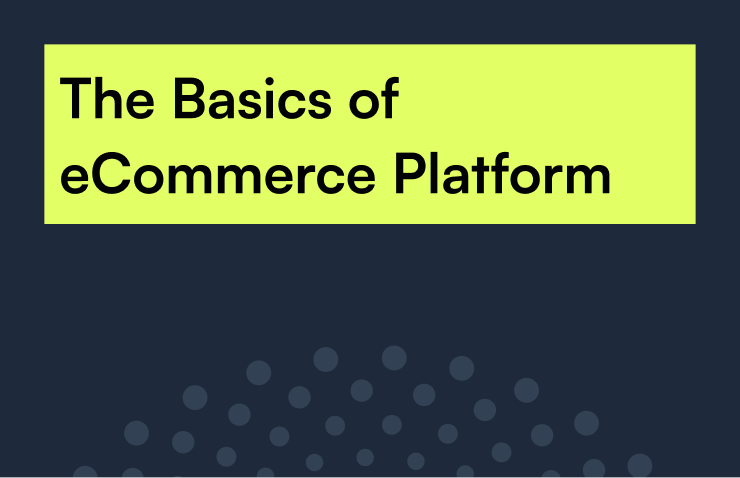Leveraging Big Data for Ecommerce
Data, for the past several years, has been a highly-energized topic that has taken on a life form of its own. The search “Big Data” produces thousands of results, and companies are aggressively road-mapping plans to harness their own data for better customer experience and more efficient planning. With the plethora of information available, what’s really the goal of using data to make your business more intelligent?
For eCommerce, data is king. Customer buying behaviors, trends and website analytics are essential to finding new customers and retaining loyal repeat customers. Merchandising teams can plan better when they know the history and arc of purchasing behavior, which is essential when planning for high-volume online retail during the holiday season.
The downside to all of this access; data overload can become a time sink if there is not an organized plan in place for harnessing and acting upon relevant data. Here are the key things to look for when evaluating a potential Business Intelligence tool:
Enterprise Tools without the Enterprise cost
Fortune 500 companies have the budget to employ teams of data scientists to decode and format data into forms usable across business units – from reporting to the C-level, to directing designers on user experience, to helping the marketing team plan a well-organized strategy. For mid-market and growing companies, hiring teams of data specialists usually isn’t feasible budget-wise. A good data analytics platform will have the power to organize data into an easy-to-use, customizable interface that integrates your company’s unique workflow.
Get a Team in Place
Bringing on an in-house team for business intelligence may not be the most strategic choice for businesses that are growing rapidly and have changing needs. Leveraging a business intelligence platform that provides on-demand professionals capable of managing special data projects and in-depth reporting when your company needs deeper exploration into data is essential to keeping costs low and efficiency high.
We are all inundated with emails daily in the eCommerce world. Ensuring that automated and personalized reporting and analytics that are relevant to the teams that need it – without any noise – will help motivate employees to seek out opportunity in these gold mines of data. Driving data usage and avoiding information burden is essential to planning for long-term business intelligence success.
Integrate, Integrate, Integrate
Multiple platforms, ERP services, extensions and modules can often result in siloes of data that live on disparate systems. This valuable data is going to waste if it can’t be accessed and leveraged in a time-efficient manner. A business intelligence platform that allows for data integration into a single, customizable, access area will increase the overall ROI of the systems and services already being utilized.
By now you may have heard the exciting news, Magento Analytics is now Magento Business Intelligence, after acquiring the award-winning RJMetrics data analysis company and their powerful BI platform. The strategic partnership of these two digital powerhouses has created an optimized platform for Magento retailers to on-board and power up their data intelligence with ease. If you would like to learn more about implementing Magento Business Intelligence into your Magento site – contact us for a free demo of the platform and an opportunity to test-drive what data can do for your brand.



